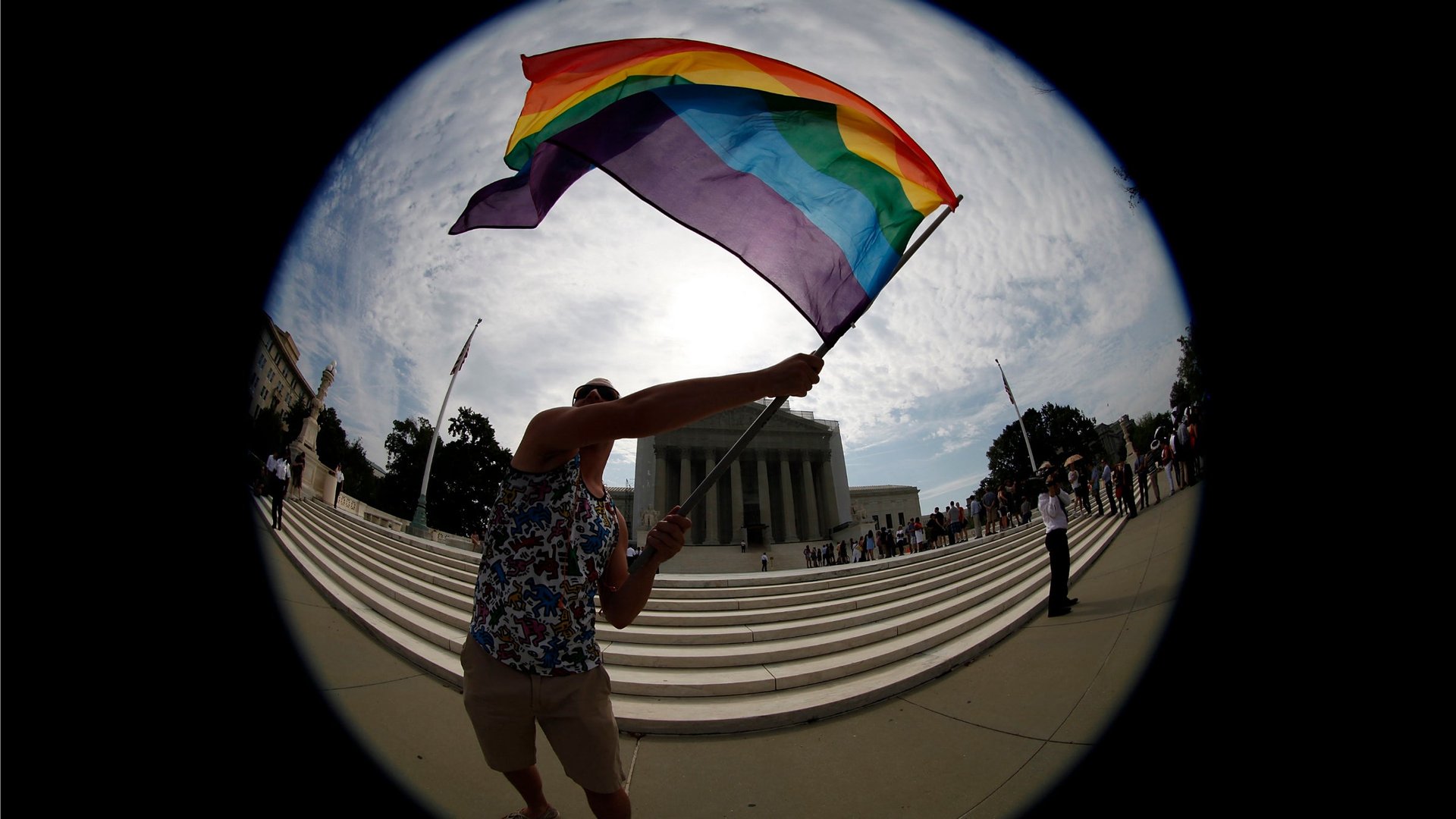America’s recognition of gay marriage came too late for some of us
Before going to bed one night earlier this week, I saw a New York Times article on the effect of DOMA’s demise on immigration rights. It left me bittersweet. My husband and I totally relate to the ending, which quotes a gay lawyer who moved to London to be with his partner:


Before going to bed one night earlier this week, I saw a New York Times article on the effect of DOMA’s demise on immigration rights. It left me bittersweet. My husband and I totally relate to the ending, which quotes a gay lawyer who moved to London to be with his partner:
“My life isn’t coming back to me,” Mr. Perlberg said. “Someone else is living in my home in New York; my job isn’t coming back to me.” At least, he said, “This gives us the choice, and there is a lot of respect in having a choice.”
On the day of the Supreme Court’s decision, which strikes down the ban on same-sex marriage, one of the first things I did was to write to the nonprofit Immigration Equality to find out about the process of getting Luis a green card. I wrote about our journey from New York to Vancouver in a Quartz piece in October headlined, “How Canada saved one gay couple’s marriage but killed their careers.”
Indeed, we’ve been frustrated that Canada turns people away from jobs for not having “Canadian experience.” We learned about that barrier within our first few months here, at a resume-writing workshop. So after five years, Luis still cannot work as a medical technologist, whereas it took him two weeks to get his credentials recognized in the States. We also, of course, sorely miss our family and friends in New York. So we thought, for a brief moment, that this ruling was our ticket back to our lives we left behind in New York.
But then we realized our lives are here now, not in New York. Someone is living in our home on Long Island. I probably wouldn’t get a job in journalism in New York. I could launch my SAT classes and tutoring business there, but that requires starting all over again. In a few days, on July 2, we celebrate five years of living in Canada.
Before the Supreme Court ruling, we didn’t have a choice. So we could yearn for a return. The ruling gave us a choice. We had a decision to make. But after spending five years here and finally setting in, we realized that decision already has been made. Or maybe not.